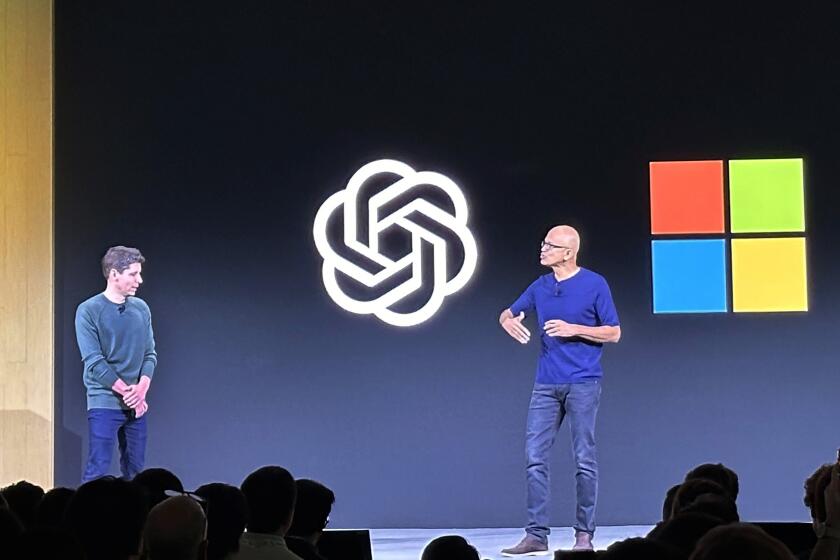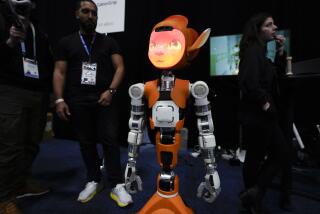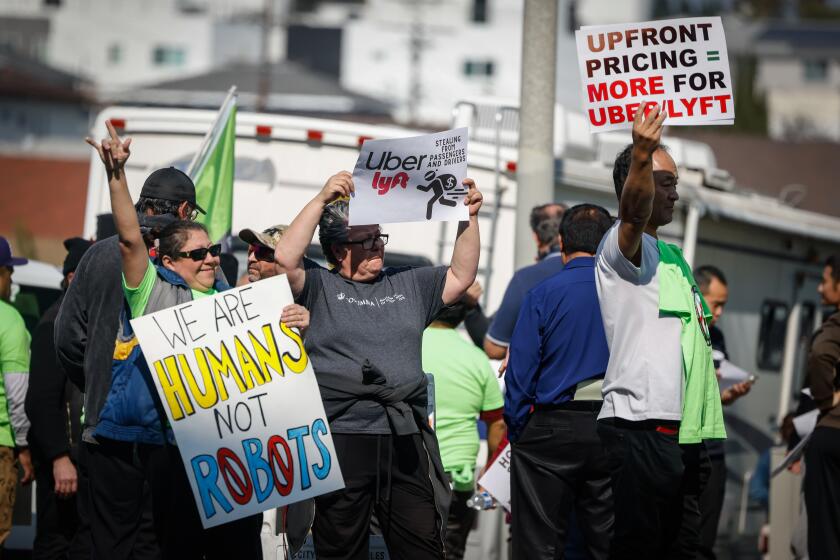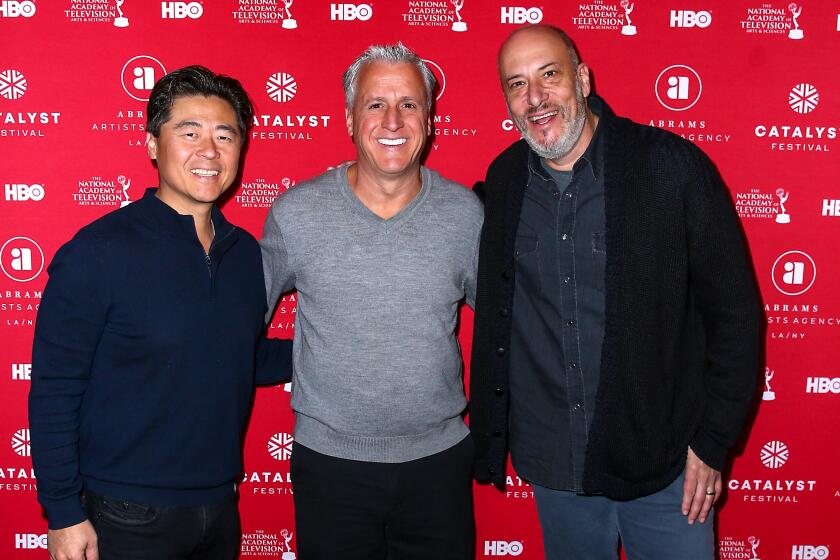Microsoft and labor unions form ‘historic’ alliance on AI

Microsoft is teaming up with labor unions to create “an open dialogue” on how artificial intelligence will affect workers.
The software giant is forming an alliance with the AFL-CIO, which comprises 60 labor unions representing 12.5 million workers, according to a statement on Monday.
Under the partnership, Redmond, Wash.-based Microsoft will provide labor leaders and workers with formal training on how artificial intelligence works. The education sessions will start in the winter of 2024. Microsoft will also begin gathering feedback from labor groups and will focus on unions and workers in “key selected sectors.”
The initiative marks the first formal collaboration on AI between labor unions and the technology industry and coincides with growing concerns that artificial intelligence could displace workers.
The agreement also includes a template for “neutrality” terms that would make it easier for unions to organize at Microsoft. The move expands an approach the company already agreed to for its video game workers and lays the groundwork for broader unionization at Microsoft. Neutrality agreements commit companies not to wage anti-union campaigns in response to workers organizing.
The U.S. Federal Trade Commission is examining the nature of Microsoft’s investment in OpenAI and whether it may violate antitrust laws.
At an event in Washington announcing the partnership, Microsoft President Brad Smith said the goal is to bring both groups to the table to “enhance” the way people work.
“I can’t sit here and say that AI will never displace a job. I don’t think that would be honest,” he said. “AI is well-designed to accelerate and eliminate some of the parts of people’s jobs that you might consider to be drudgery.”
“By working directly with labor leaders, we can help ensure that AI serves the country’s workers,” he said.
The alliance’s goals include “sharing in-depth information with labor leaders and workers on AI technology trends, incorporating worker perspectives and expertise in the development of AI technology” and “helping shape public policy that supports the technology skills and needs of frontline workers.”
“This partnership reflects a recognition of the critical role workers play in the development, deployment and regulation of AI and related technologies,” said AFL-CIO President Liz Shuler, who called the collaboration “a groundbreaking” and “historic” alliance.
Companies all over are laying off workers while experimenting with new AI-powered productivity tools. The connection is both obvious and maddeningly hard to pin down.
In a related development, Microsoft agreed to include language governing its use of AI in a contract covering a few hundred staff at the company’s video game studio ZeniMax. The tentative agreement is part of negotiations with the Communications Workers of America, the first U.S. collective bargaining in Microsoft’s history.
The language incorporates Microsoft’s six previously announced AI principles, which commit the company to ensuring the systems “treat all people fairly” and “empower everyone and engage people.” In the new agreement, which was viewed by Bloomberg News, Microsoft commits to applying “these AI principles across all of our AI technologies to help employees achieve greater productivity, growth and satisfaction in the work they do.”
Microsoft didn’t provide comment in response to inquiries about the AI contract language.








